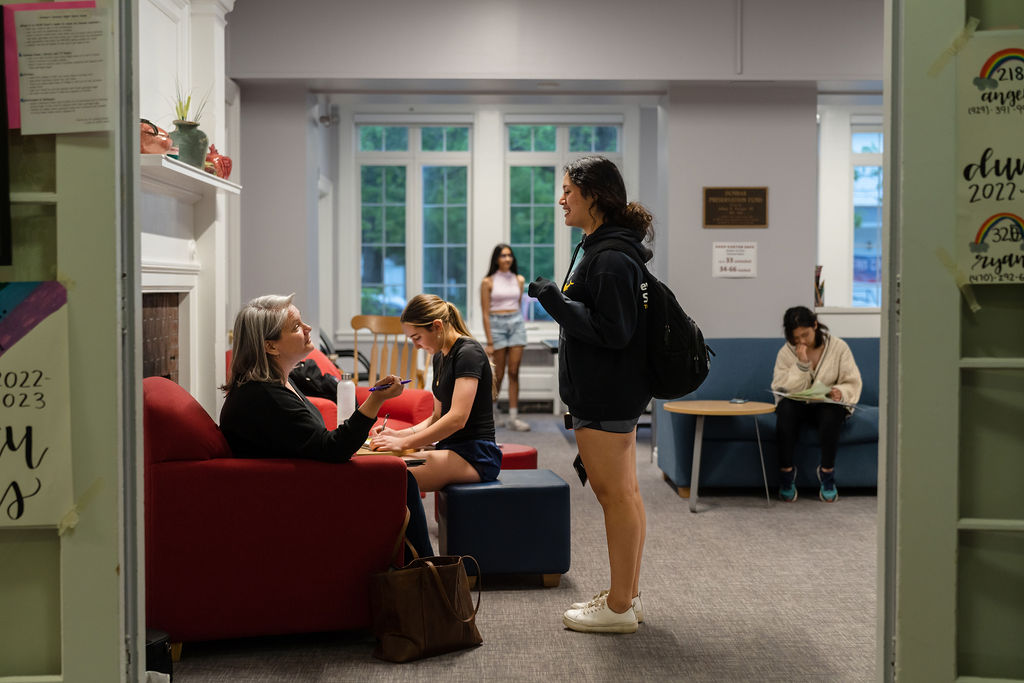Building Successful Roommate Relationships
Navigating roommate dynamics is one of the most critical aspects of dorm life that directly impacts your academic success and personal well-being. Effective communication forms the foundation of any successful roommate relationship. Establish clear expectations early regarding sleep schedules, study habits, cleanliness standards, and guest policies to prevent conflicts before they arise.
Conflict resolution skills become essential when disagreements occur. Address issues promptly and directly rather than allowing resentment to build. Practice active listening and be willing to compromise on non-essential matters while standing firm on issues that affect your health, safety, or academic performance. Remember that cultural differences can enrich your college experience when approached with openness and respect.
Creating shared experiences and maintaining mutual respect helps build lasting friendships. Consider establishing weekly roommate meetings to discuss any concerns, plan shared activities, or simply check in with each other. These proactive approaches to relationship building often transform potentially challenging living situations into some of the most rewarding aspects of college life.



